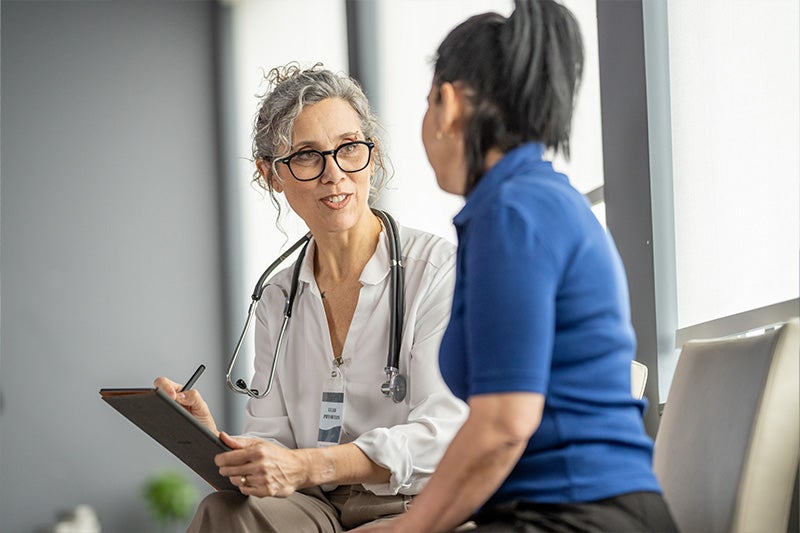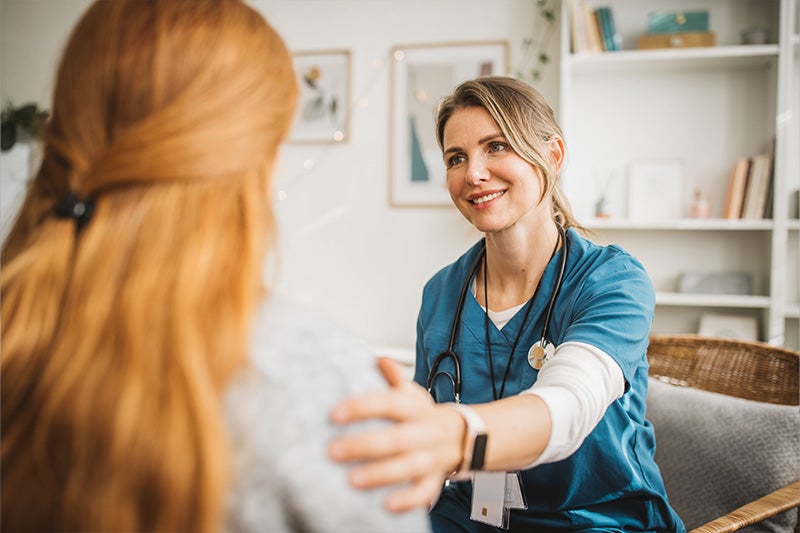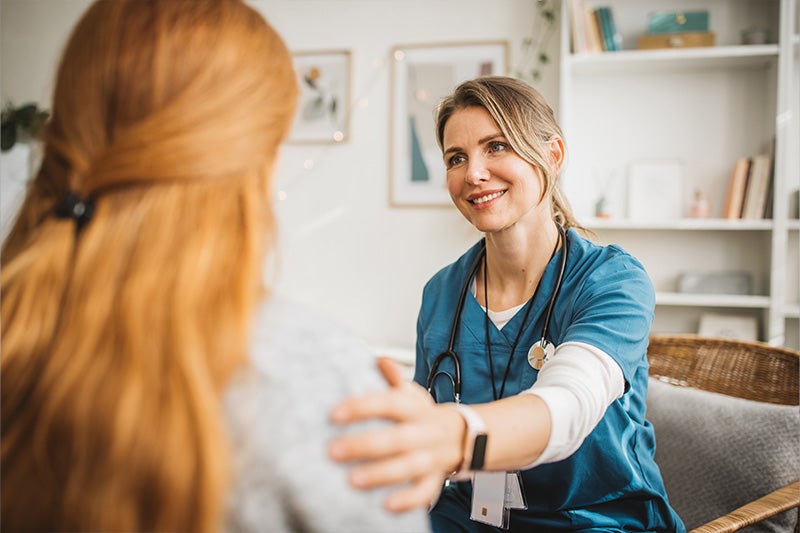What Is Depression? How to Recognize the Signs and When to Seek Help
November 17, 2025Depression is more than just feeling sad; it’s a common and serious medical condition that affects how you feel, think, and handle daily activities. It can touch anyone’s life, regardless of age or background, and sometimes goes unnoticed because its symptoms vary widely.
At St. Mary’s, we want you to know that depression is treatable and help is available. Recognizing the signs early and reaching out to a trusted provider can be life-changing.
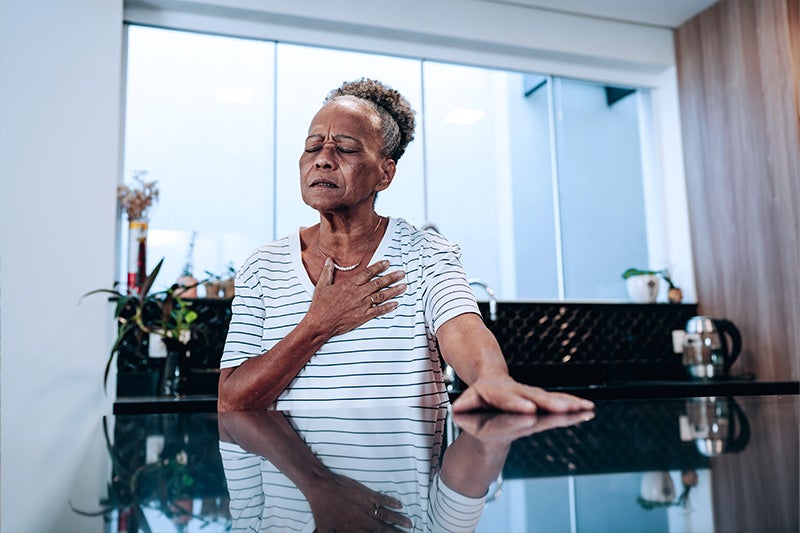
What Is Depression?
Depression is a mood disorder that causes persistent feelings of sadness, hopelessness, and a loss of interest in activities you once enjoyed. It can affect your energy, sleep, appetite, concentration, and relationships.
It’s important to remember that depression is a medical condition, not a personal weaknes,s and it often requires professional care, including therapy, medication, or a combination of both.
Why Does Depression Often Go Unnoticed?
Depression can be hidden by stigma, fear, or misunderstanding. Sometimes people mistake symptoms for stress, exhaustion, or simply a “rough patch.” Others may feel ashamed or reluctant to share how they feel.
Recognizing depression requires compassion, awareness, and a supportive environment where people feel safe asking for help. At St. Mary’s, we provide that safe space.
Common Signs and Symptoms
Depression can show up differently for everyone, but common signs include:
Persistent sadness, emptiness, or hopelessness
Changes in appetite or weight
Physical symptoms like headaches or stomachaches without a clear cause
Loss of interest in hobbies or activities
Feelings of guilt or worthlessness
Trouble sleeping or sleeping too much
Difficulty concentrating or making decisions
Fatigue or lack of energy
Thoughts of self-harm or suicide (seek immediate help if this occurs)
When and How to Seek Help
If you or a loved one experiences symptoms of depression, consider:
- Reaching out to your primary care provider or a mental health specialist
- Talking openly with family or close friends for support
- Using available resources like counseling, medication, or support groups
- Early treatment can improve symptoms, restore joy, and help prevent depression from worsening.
You Are Not Alone
Depression can feel isolating, but you don’t have to face it alone. Compassionate care, effective treatments, and supportive communities are available to help you find relief and healing.
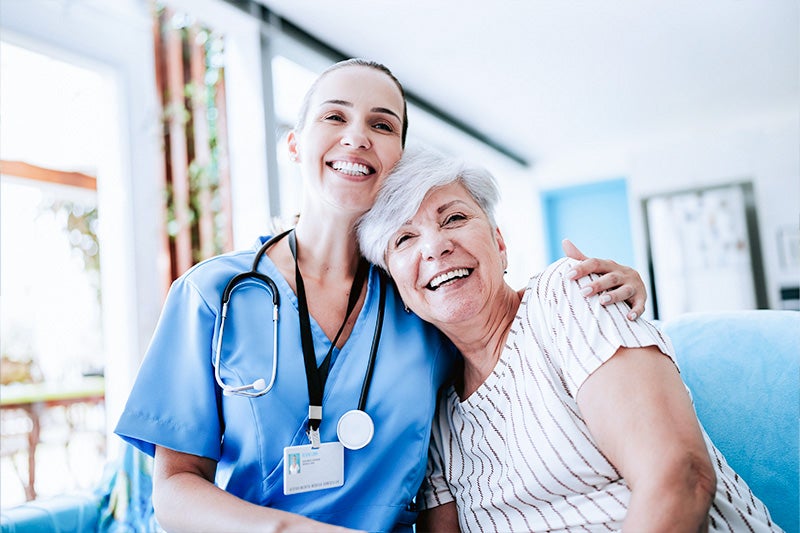
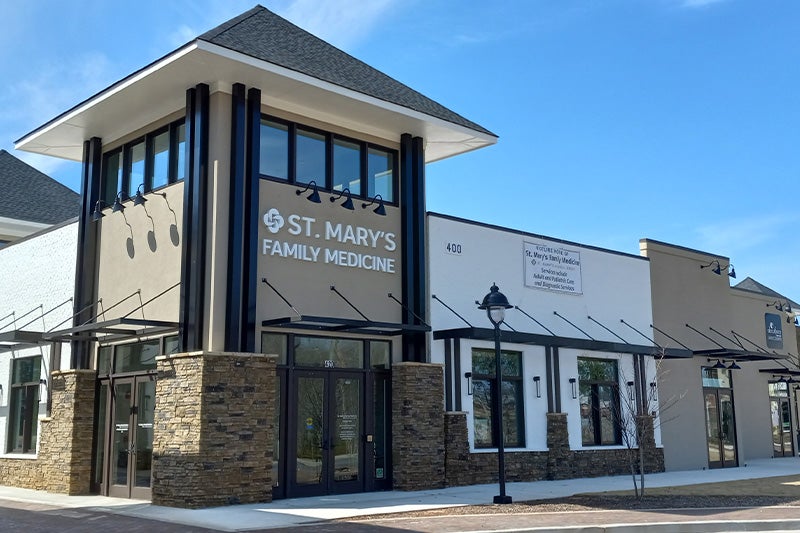
Primary Care Locations Ready to Support You
Your journey toward mental wellness can begin close to home. Our caring providers are here to listen and help at these convenient St. Mary’s locations:
- Athens Internal Medicine Associates – Athens
- Community Internal Medicine of Athens – Athens
- Georgia Family Medicine – Watkinsville
- Good Samaritan Primary Care – Greater Greene County area
- Sacred Heart Primary Care – Greater Franklin County area
- St. Mary's Family Medicine – Bogart
- St. Mary’s Internal Medicine Associates – Watkinsville/Oconee
- St. Mary’s Internal Medicine Associates on Chase – North Athens/Jackson/Madison
- St. Mary's Primary Care – Athens

